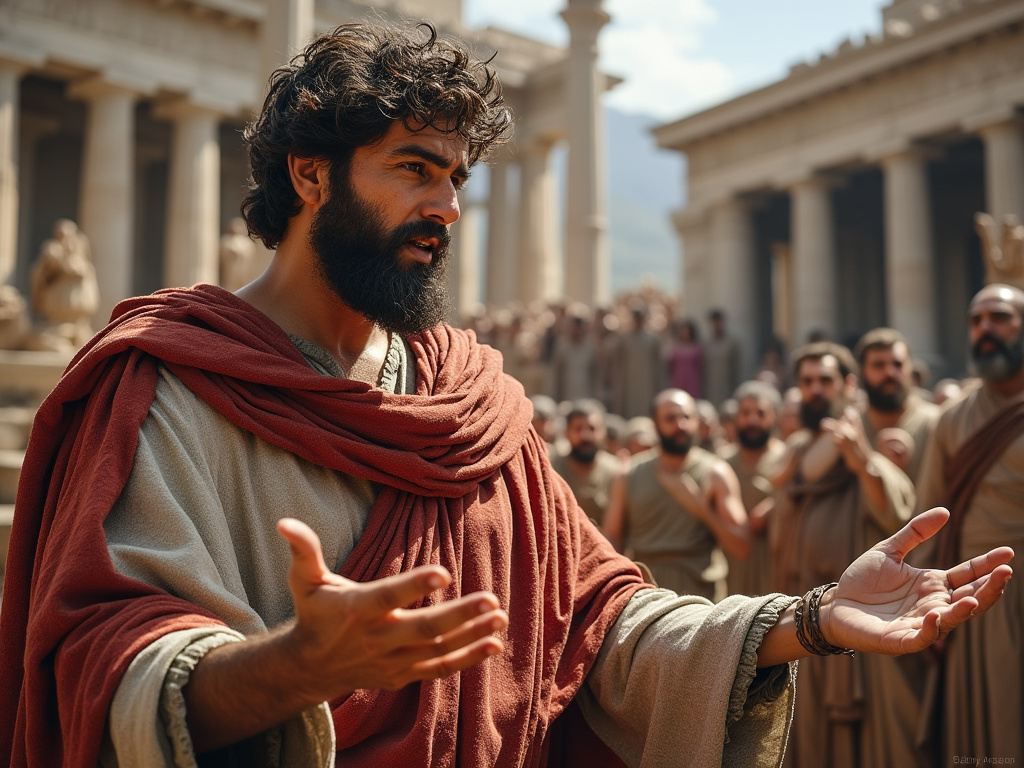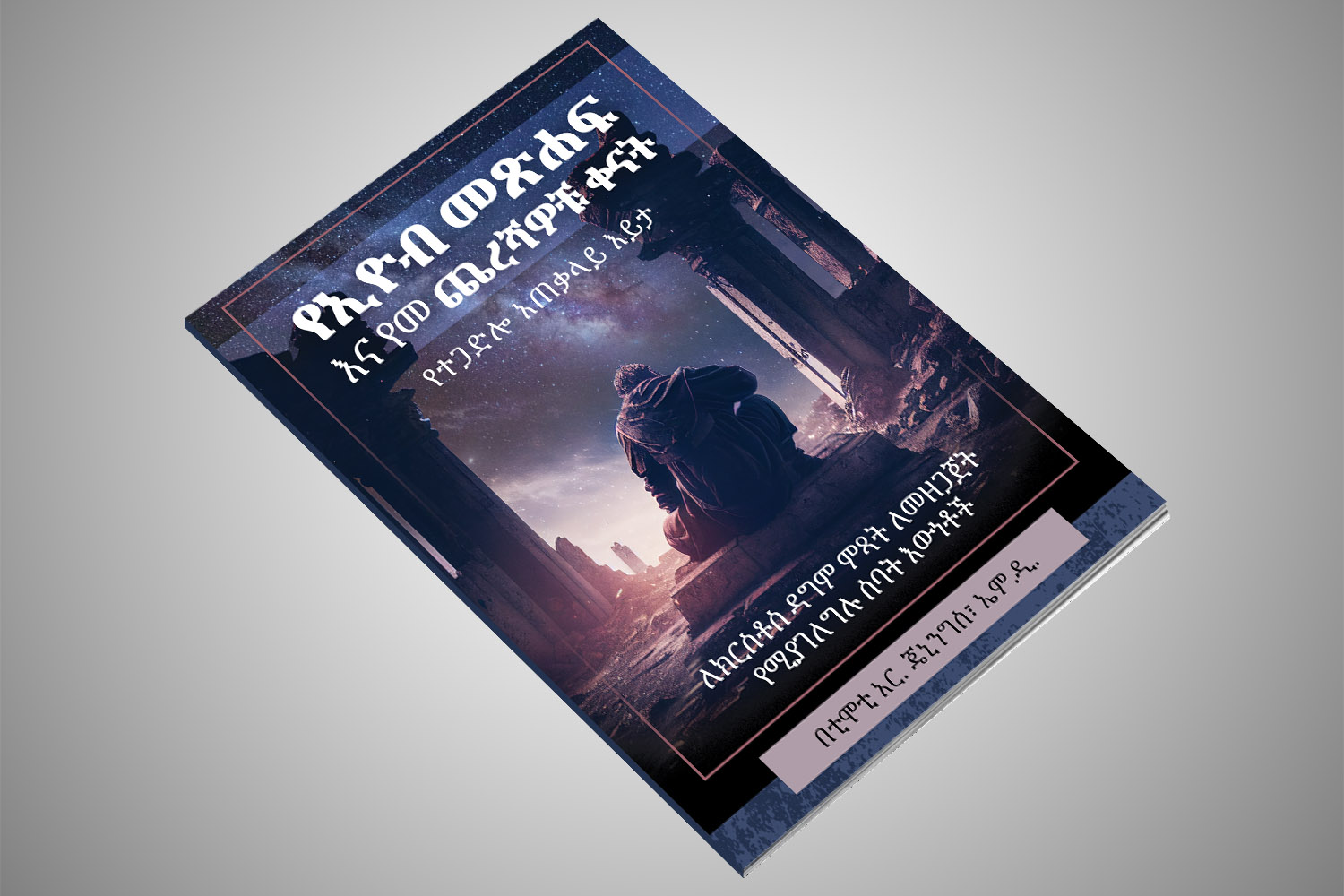I recently read the following in a Bible study guide:
We do not need to get deep into the book of Psalms in order to discover that the Psalms are uttered in an imperfect world, one of sin, evil, suffering, and death. The stable creation run by the Sovereign Lord and His righteous laws is constantly threatened by evil. As sin corrupts the world more and more, the earth has increasingly become “a strange land” to God’s people. This reality creates a problem for the psalmist: How does one live a life of faith in a strange land? (emphasis mine).[1]
Through what law lens do you understand “righteous laws”? Do you think of laws like those that sinful humans make up, rules imposed and enforced through external punishments? Or do you think of the laws only the Creator can establish—the laws upon which reality is built—such as gravity, physics, laws of health, and the moral laws, and through which all things hold together?
Do you recognize the strangeness that sin, with its fear and survival drives, has brought upon the world? Or do you see sin, Satan’s methods, Satan’s structure—the ways of this sinful world with its power over others and use of coercion to force one’s way—as normal and think it is God’s ways of truth, love, and freedom that are strange?
When the apostle Paul presented the gospel, the unconverted thought he was doing something quite strange:
“What is this babbler trying to say?” Others remarked, “He seems to be advocating foreign gods.” They said this because Paul was preaching the good news about Jesus and the resurrection. Then they took him and brought him to a meeting of the Areopagus, where they said to him, “May we know what this new teaching is that you are presenting? You are bringing some strange ideas to our ears, and we want to know what they mean” (Acts 17:18–20 NIV84, emphasis mine).
Why was the truth Paul presented in Athens considered strange to the people there? Because they had accepted false gods with worldly methods and Paul was presenting the truth about the Creator!
What about today? If we present the truth about God as Creator, that His laws are design laws, the protocols reality is built to exist and operate upon, that God’s laws are not the type of laws sinful humans make up, rules that require legal oversight and external enforcement, do people complain that our view is strange, that it doesn’t make sense to them? Why is it strange to so many people? Because the ways of the kingdoms of this world, the “rule of law,” of might and power over others to force and coerce, to punish wrongdoing has been accepted as right; because man’s law has replaced the truth about God’s law and government in Christianity and corrupted how we understand God’s character. Thus, when we present the truth that God is Creator and His laws are design laws, not imposed rules, and that death comes from sin, from breaking God’s design laws, and does not come out from God as an infliction upon the lawless (Romans 6:23; James 1:15; Galatians 6:8), the truth is not known; it seems strange. And what do people often do with strange or unknown ideas? They feel threatened and resist or fight against them.
This is what the Bible calls being stiff-necked, an unwillingness to open the mind to consider new evidence, the advancing light, more accurate ideas, the expanding and unfolding truth. Being stiff-necked means having hearts resistant to truth, stuck in dogma, orthodoxy, and tradition, and unwilling to learn; it is denial and hostility toward new evidence. It is the opposite of biblical obedience—which is not about rule-keeping; the Greek word translated as “obedience” literally means a humble willingness to listen and learn, to be eagerly instructed with truth with a willing desire to follow the advancing truth by applying it to one’s life.
But when one accepts the imposed-law lie, obedience becomes rule-keeping and righteousness becomes misrepresented as a stiff-necked resistance to advancing truth—the blind clinging to the traditions of previous generations.
Within the Seventh-day Adventist tradition, this resistance to truth has manifested as a call to “stand by the old landmarks,” which shuts out the advancing heavenly light. Consider this historical quote from one of the founders of the Adventist Church after the infamous 1888 General Conference in Minneapolis, where the official leadership rejected the advancing truth about God’s design law and chose Romanism—the lie that God’s law is imposed law like that pagan Rome governed by:
In Minneapolis God gave precious gems of truth to His people in new settings. This light from heaven by some was rejected with all the stubbornness the Jews manifested in rejecting Christ, and there was much talk about standing by the old landmarks. But there was evidence they knew not what the old landmarks were. There was evidence and there was reasoning from the word that commended itself to the conscience; but the minds of men were fixed, sealed against the entrance of light, because they had decided it was a dangerous error removing the “old landmarks” when it was not moving a peg of the old landmarks, but they had perverted ideas of what constituted the old landmarks (E. G. White, Counsels to Writers, p. 30, emphasis mine).
The reality is that we are in a world that is enemy territory. Jesus said His kingdom is not of this world (John 18:36). All the kingdoms of this world are Satan’s, for they all run on made-up rules with judicial oversight and inflicted punishments—the laws that creatures make.
Jesus said His kingdom does not operate like these earthly governments. God’s government is not of this world, for God’s government operates upon fixed laws, laws that reality exists upon:
This is what the LORD says: “If I have not established my covenant with day and night and the fixed laws of heaven and earth, then I will reject the descendants of Jacob and David my servant and will not choose one of his sons to rule over the descendants of Abraham, Isaac and Jacob” (Jeremiah 33:25, 26 NIV84, emphasis mine).
And God’s fixed laws are an expression of His character of love; thus, Jesus taught:
“‘Love the Lord your God with all your heart and with all your soul and with all your mind.’ This is the first and greatest commandment. And the second is like it: ‘Love your neighbor as yourself.’ All the Law and the Prophets hang on these two commandments” (Matthew 22:37-40 NIV84).
As the source of life, God built reality to operate upon never-changing laws that our being is established upon. Breaking these laws of life and health causes direct injury and harm to the one who breaks them and will result in death—unless healed by our Creator and Savior, Jesus Christ. Thus, in God’s kingdom, He never has to use His power to inflict death; in fact, the Bible teaches that it is Satan who holds the power of death and that Christ came to destroy him and his power of death (Hebrews 2:14). In God’s government, He freely pardons, whereas the justice of the world requires punishment:
Let the wicked forsake his way and the evil man his thoughts. Let him turn to the LORD, and he will have mercy on him, and to our God, for he will freely pardon. “For my thoughts are not your thoughts, neither are your ways my ways,” declares the LORD. “As the heavens are higher than the earth, so are my ways higher than your ways and my thoughts than your thoughts (Isaiah 55:7–9 NIV84, emphasis mine).
God freely pardons, but this is a strange teaching to those who believe God’s law functions like human law, for surely it is only right that sin must be punished, that someone has to pay, that without a penalty being inflicted, there is no justice. Freely pardoning just doesn’t make sense to those who believe God’s government functions like human governments.
But when we return to worshiping God as Creator and understand His laws are design laws, then we realize that God’s pardon does not reverse the damage of sin; to reverse the damage of sin requires divine intervention in the heart and mind of the sinner to recreate them in righteousness, and that requires they trust God and open their heart to Him to receive the new heart and right spirit wrought out for them by our substitutionary Savior Jesus Christ (2 Corinthians 5:21).
God pardons everyone freely, but only those who trust God and receive His indwelling Spirit are reborn, healed, renewed, recreated, receive the mind of Christ; have the living law of God written into their heart and mind; become friends of God; have fear, selfishness, and distrust removed from their being; and are reconciled, restored to at-one-ment with God. All those who reject the truth, who cling to the lies and distrust God, will die from their sin-sickness, but God is still forgiving toward them because that is who He is. Just like a doctor who forgives his patient who lied and didn’t take the medicine, but despite the doctor’s forgiveness, the patient still dies.
But God’s free pardon is strange and doesn’t make sense to those who believe that God’s law functions like human law, made-up rules, because our laws require external enforcement.
I invite you to recognize the truth of God’s kingdom, His design laws, and be like the faithful of God throughout all human history who understood that this earth, with its imposed laws and governments, is a strange place. Join the faithful of God who …
… admitted that they were aliens and strangers on earth. People who say such things show that they are looking for a country of their own. If they had been thinking of the country they had left, they would have had opportunity to return. Instead, they were longing for a better country—a heavenly one. Therefore God is not ashamed to be called their God, for he has prepared a city for them (Hebrews 11:13–16 NIV84).
Yes, we are longing for a better country than the kingdoms of this world, a heavenly one governed by our God of love whose laws are His design protocols of love!
[1] Seventh-day Adventist Adult Bible Study Guide, 1st Q 2024, Psalms, p. 36.











 using your credit or debit card (no PayPal account needed, unless you want to set up a monthly, recurring payment).
using your credit or debit card (no PayPal account needed, unless you want to set up a monthly, recurring payment). instead?
instead?